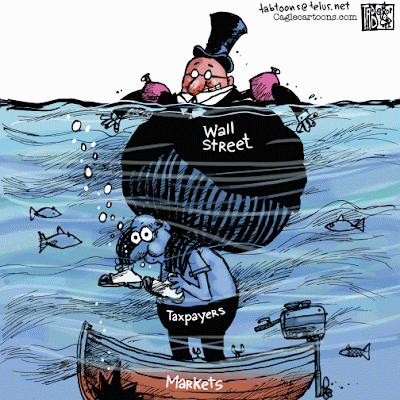Nuclear power is not an answer to our collective energy problem. Essentially, turning to nucle ar power as a primary solution to the current carbon-based system is like borrowing from Peter to pay Paul. It is not an “alternative”. Considering that, in resource-availability terms, we could already be powering most structures in this state with solar power, and that we have not done so out of adherence to constructs and public policies rooted in economic interests, it seems ridiculous to suggest that our power problem demands we dig up metal and devise ingenious was of containing and storing radioactive dust. For me, there are three levels upon which nuclear power as a primary power source does not work.
ar power as a primary solution to the current carbon-based system is like borrowing from Peter to pay Paul. It is not an “alternative”. Considering that, in resource-availability terms, we could already be powering most structures in this state with solar power, and that we have not done so out of adherence to constructs and public policies rooted in economic interests, it seems ridiculous to suggest that our power problem demands we dig up metal and devise ingenious was of containing and storing radioactive dust. For me, there are three levels upon which nuclear power as a primary power source does not work.
1) Forming a larger industry around the mining of uranium would recreate the oil-based market system that has contaminated the global markets, has instigated war, has tainted laws. Wind is free. Sunlight is free. Yes, solar panels are built with silicon-but the silicon we use comes from sand and is the second-most common element on the earth (after oxygen). If we want to progress as a planet, we must focus not only on outcomes, but the means of attaining them. We need a new system that is not primarily driven by mining minerals-because that system can be too easily dominated by a relatively few people with the right land. In a wind and solar-based system, opportunity to participate and regulate is inherently more accessible. Wind is free. Sunlight is everywhere. So without even considering environmental impacts, a nuclear energy-based system is a repugnant proposition to me. This is my number one reason for opposing nuclear energy. We must question advocates of nuclear energy and consider whether they stand to benefit from mining, conversion of coal burning plants, or processing.
2) We need to recognize and heed the signs (the glaring billboards!) that uranium mining and nuclear power are wrong at a deeper level. At this point in our global evolution, we know what can lay ahead when indigenous people and “progress” meet. In hindsight of world history, we now see how many of the worst aspects of contemporary society were foreshadowed in interactions with native peoples at the outset of a progressive undertaking. So where indigenous people react adversely to something today, we should listen. To ignore the response of native people to uranium mining would be a monumental failure-the prospect of so doing reminds me of the Zora Neale Hurston book Their Eyes were Watching God, when the workers watched the Native Americans leaving the land only to later find themselves in the worst hurricane in the nation’s history. Culture is the heart of the planet. How can we advocate what causes the heart to bleed?












